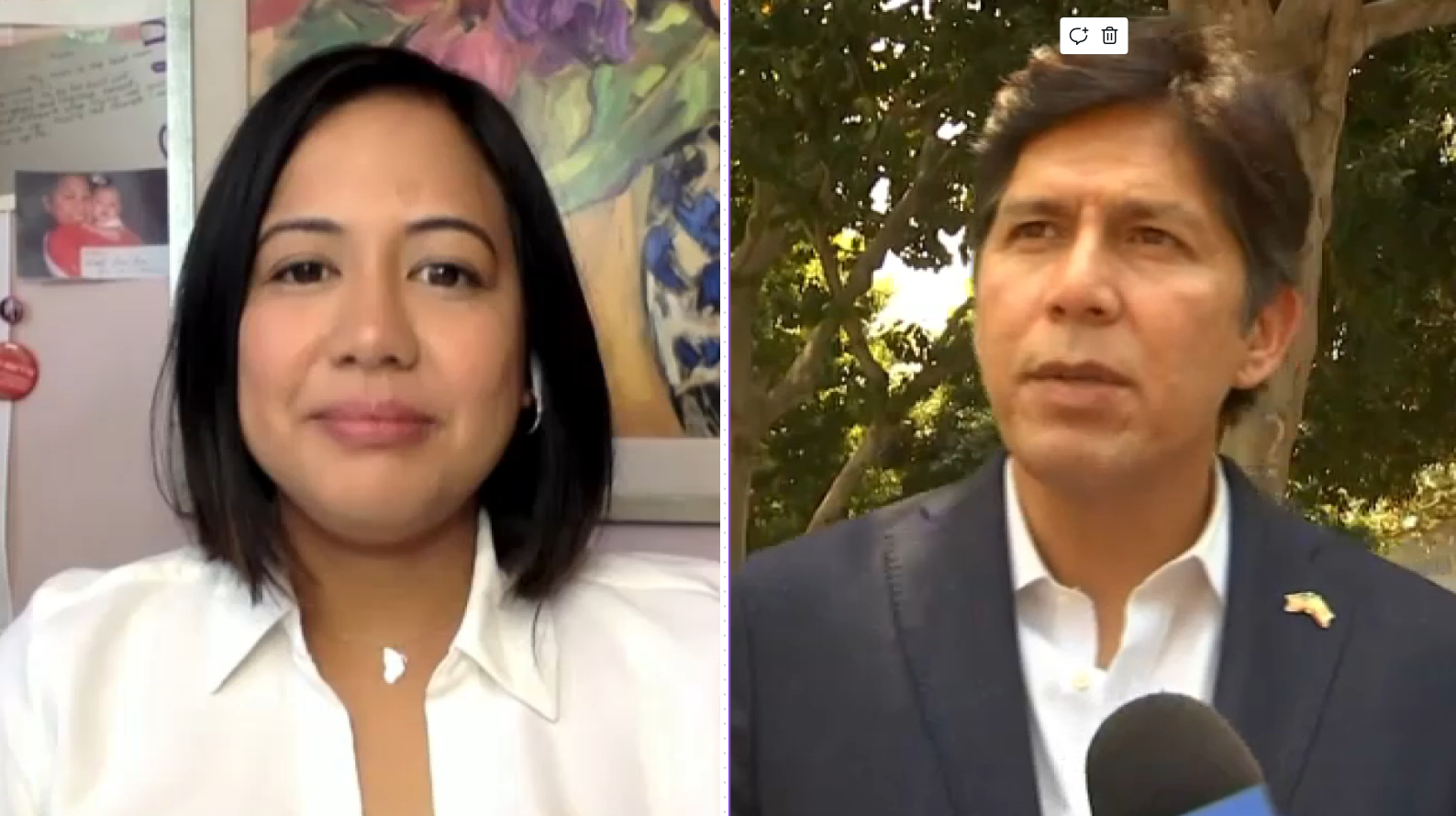The owner and operator of a California trucking company are accused of bilking more than $4 million from the Department of Veterans Affairs by collecting federal tuition reimbursements for veterans who never actually attended any classes, federal prosecutors said Thursday.
Emmit Marshall, 50, and Robert Waggoner, 54, were indicted in Los Angeles on federal wire fraud charges and each face up to 20 years in prison if they are convicted, prosecutors said.
Authorities allege Marshall, who owned the Alliance School of Trucking in Chatsworth, and Waggoner, the school's director, recruited veterans by telling them that they could collect housing fees and other benefits from the government without having to attend any classes.
The school was certified under the Post-9/11 GI Bill, a program where the VA pays tuition and other fees for college classes or on-the-job training programs for active duty and honorably discharged members of the military, prosecutors said. As part of the program, the VA paid tuition and fees to the school and also paid housing allowances to veterans who said they were enrolled full-time at the school.
Prosecutors allege Marshall and Waggoner created false enrollment certifications and then submitted them to the VA and also created phony student files. Between 2011 and 2015, the federal government paid the school more than $2.3 million for tuition and fees and paid nearly $2 million to the veterans who never attended the classes, prosecutors said in announcing the charges.
"Fraud schemes, particularly those involving schooling for veterans, compromise the system designed to help veterans after they complete their service," said Sandra Brown, the acting U.S. attorney in Los Angeles.
Reached at the school on Thursday, Marshall said: "Wow. How do you know about that?" He declined to comment on the allegations made by prosecutors. Prosecutors said Marshall was scheduled to surrender to authorities next week.
News
Top news of the day
Waggoner was awaiting arraignment Thursday evening and could not be reached for comment. It was not immediately clear if he had an attorney who could comment on his behalf.



